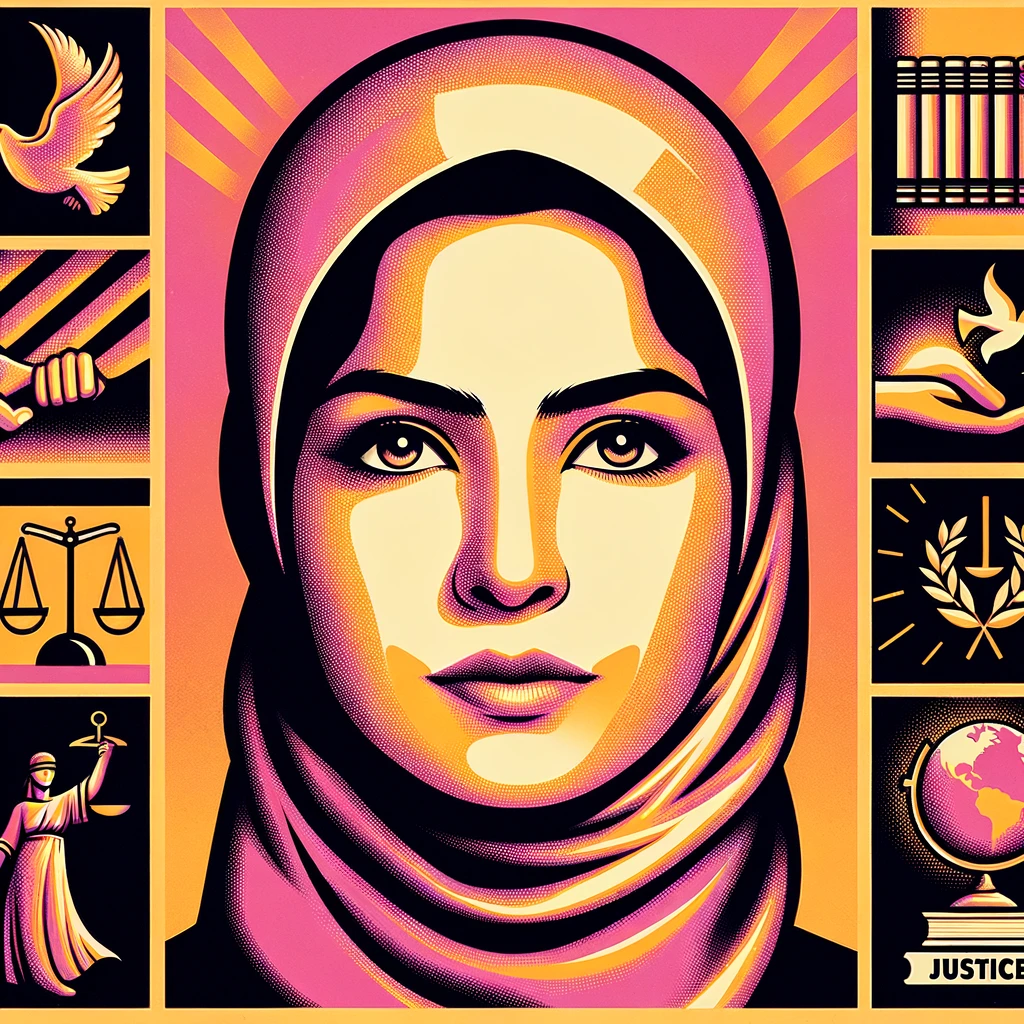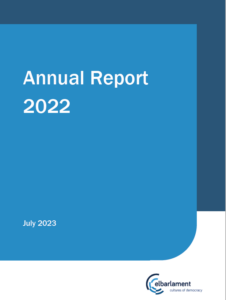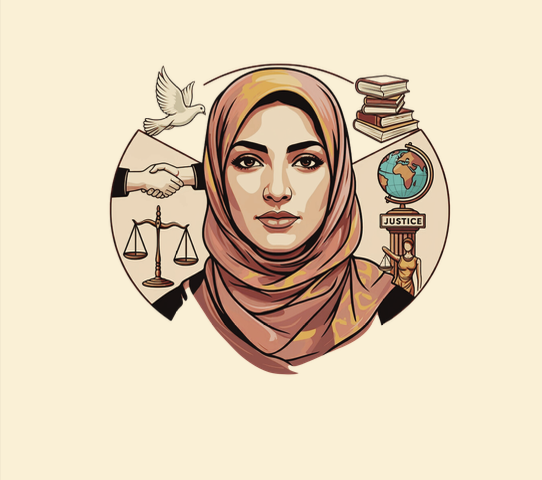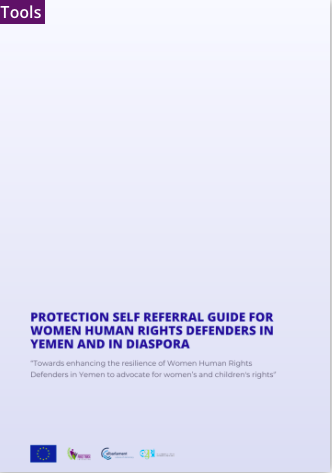- Country: Yemen
- Contact person: Hanin Dabbagh, Project manager dabbagh@elbarlament.org
- Duration of the project: March 2022 to February 2024
- Project objective: To contribute to enhancing the resilience of women human rights defenders in Yemen to defend human rights, in particular women’s and children’s rights
- Partners: Peace Track Initiative and TO BE Foundation for Rights and Freedoms
Towards enhancing the resilience of women human rights defenders in Yemen to advocate for women’s and children’s rights

Despite this, Yemeni women HRDs are showing resilience and continuing their work to promote peace and human rights including children’s rights. Women leaders were the first to call for a ceasefire to focus efforts on COVID-19 response. The women mobilized resources for the hospitals and clinics, trained first responders, and raised awareness on COVID-19.
Women are leading peacebuilding efforts including mediation efforts to end armed conflict over water and land resources, facilitating release of arbitrary detainees, addressing child recruitment, negotiating humanitarian aid access and facilitating ceasefire initiatives to evacuate families. However, their public contributions remain invisible and underappreciated, and they continue to be viewed by some actors as passive victims, and consequently are largely excluded from the UN-led peace process and political process. Women’s participation in the peace process as such continues to be limited to the sidelines.
The project focused on enhancing the protection of women HRDs, supporting them to have access to international accountability mechanisms and strengthening their skills to document human rights violations.
The aim was to amplify their voices to advocate effectively for women and children rights. Looking at their role within their families and the humanitarian work they have delivered since the war broke out in Yemen, we are convinced that women are impact-multipliers and the target group most able and willing to be the voice of the children and other HRDs defending their rights.
– Developed a protection self-referral service guide for Yemeni women human rights defenders
– Provided psychosocial support and strengthened the capacity of 27 Yemeni Women Human Rights Defenders (WHRDs) through a multidisciplinary human rights course
– Provided a ToT training and manual on resilient leadership
– Provided logistical support to WHRDs
– Provided advocacy grants to six women-led civil society organisations
– Provided several protection grants to WHRDs
– Updated PTO’s SoP on Gender Based Violence( GBV) case management
– Delivered a GBV case management course to WHRDs working on GBV
– Participated in several international and national events to advocate for women’s and children’s rights
Most importantly, we built a strong network of admirable Yemeni women who supported each other throughout the project. We are confident they will continue to do so.
Two significant publications were created as part of the programme: The Protection Self-Referral Guide for Women Human Rights Defenders in Yemen and Diaspora and Resilient Leadership: A Training Manual for Women Human Rights Defenders in Yemen. You can read more about them by clicking on the covers below.
This project was funded by the European Union.



